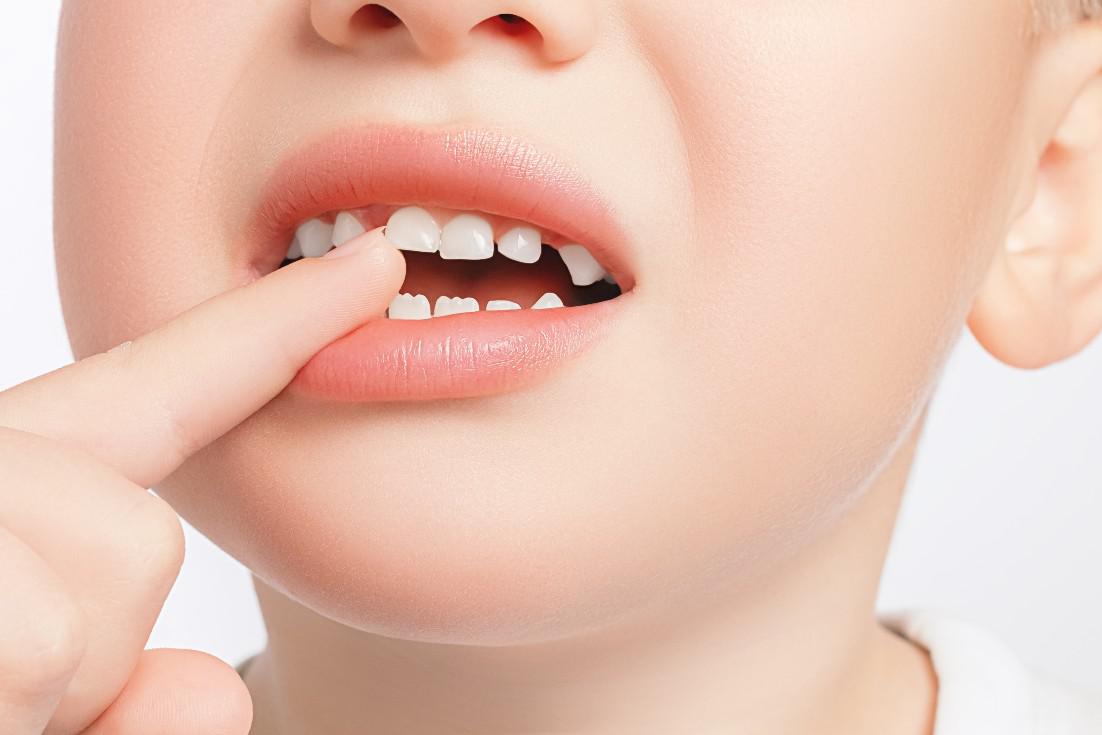 Being a parent today isn’t easy. With guidelines and recommendations seeming to change daily and everything from screen time to sugar intake scrutinized, it’s hard to know what is really cause for concern and what your child is likely to outgrow.
Being a parent today isn’t easy. With guidelines and recommendations seeming to change daily and everything from screen time to sugar intake scrutinized, it’s hard to know what is really cause for concern and what your child is likely to outgrow.
For instance, if your child’s primary or adult teeth come in crooked, your initial worry might be how it will impact their appearance. No judgment from us! An esthetically pleasing smile plays an important role in helping a child develop confidence and self-esteem, which affect peer interaction and socialization. However, the impact of crooked teeth goes beyond the emotional and psychological consequences and can have significant effects on your child’s physical health. Common issues that result from untreated crooked teeth include:
Gum Disease – It’s easier (for kids and adults) to clean straight, uncrowded teeth because there are fewer nooks and crannies for plaque and bacteria to hide. Learning and sticking to proper oral care for crowded or crooked teeth is challenging, which is why it often leads to poor oral hygiene. Over time, an ineffective dental regimen results in bad breath, plaque, tooth decay, and eventually, gum disease (i.e., gingivitis). If left untreated, gingivitis can lead to periodontitis, when the infection travels to the bone causing bone and tooth loss.
TMD – Crooked teeth are more prone to wear and tear, which can create malocclusion (i.e., misaligned bite). In many cases, excessive wear and tear lead to Temporomandibular Joint Disorder (TMD). TMD is a harmful condition that causes intense pain or even locking of the jawbone on movement.
Difficulty Chewing – Crooked or crowded teeth make chewing difficult. Children need a variety of foods and, if they can’t properly chew raw vegetables or meat, they could miss out on essential nutrients. In addition, if your child eats only soft foods for a prolonged period, their jaw may not develop correctly in size or strength.
Speech Difficulty – When teeth don’t align properly, there is a higher tendency to develop speech problems. Crooked, overlapping, and twisted teeth change the placement of your child’s tongue and may allow excess air to pass between their teeth, creating a whistle when they speak.
The good news is that correcting a child’s teeth is faster and easier if done when the jaw is young and flexible. On the other hand, when treatment is delayed until the teenage or adult years, straightening crooked teeth is more complicated because all the adult teeth have come in, and the jaw has finished growing. So, catching crooked teeth at an early age can save your child (and you) from more extensive, costly treatment further down the road. In fact, the American Association of Orthodontists recommends children have a check-up with an orthodontic specialist no later than age seven. While this may seem young, particularly for those of us with teenage memories of braces and headgear, it’s actually in line with oral development.
Schedule An Orthodontic Consultation
Early intervention means a treatment plan can be created, based on how your child’s teeth and jaw are likely to develop in the future. Whether you’re concerned about your child’s dental health or simply want to be proactive, our team is ready to answer your questions. Our goal is to make you and your child feel at ease from the moment you step into our practice. To schedule a consultation, please contact our dental team.

